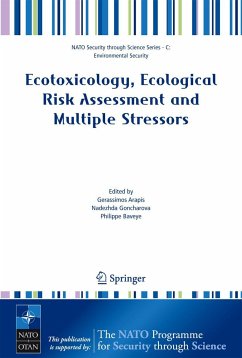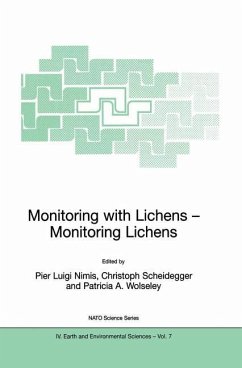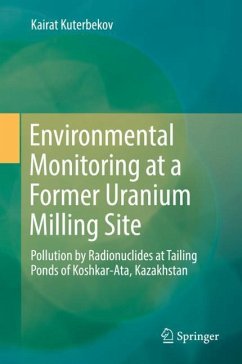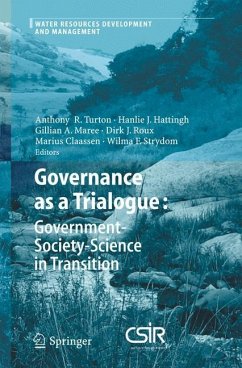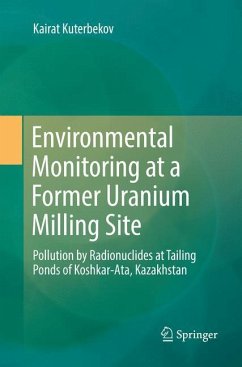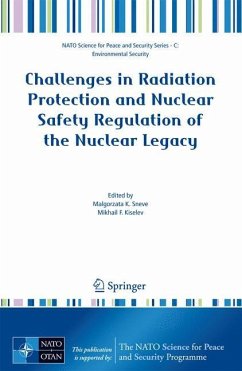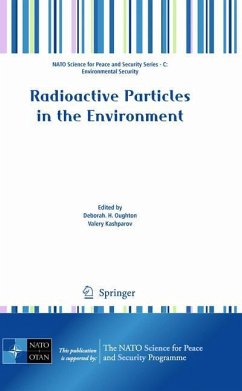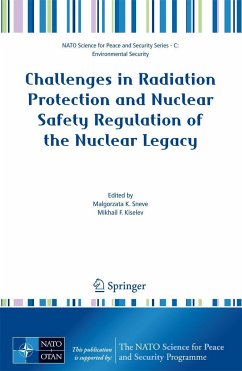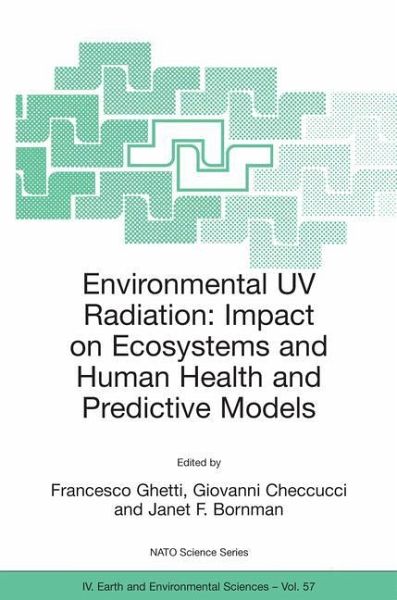
Environmental UV Radiation: Impact on Ecosystems and Human Health and Predictive Models
Proceedings of the NATO Advanced Study Institute on Environmental UV Radiation: Impact on Ecosystems and Human Health and Predictive Models Pisa, Italy, June 2001
Herausgegeben: Ghetti, Francesco; Checcucci, Giovanni; Bornman, Janet F.
Versandkostenfrei!
Versandfertig in 6-10 Tagen
76,99 €
inkl. MwSt.
Weitere Ausgaben:

PAYBACK Punkte
38 °P sammeln!
This volume originates from the NATO Advanced Study Institute Environmental UV Radiation: Impact on Ecosystems and Human Health and Predictive Models, held in Pisa, Italy in June 2001. The Institute was sponsored and mainly funded by the NATO Scientific Affairs Division, whose constant contribution in favour of the cooperation among scientists from different countries must be acknowledged. Other Institutions substantially contributed to the success of the ASI and our thanks and appreciation go to the Italian National Research Council (Consiglio Nazionale delle Ricerche), the Italian Space Agen...
This volume originates from the NATO Advanced Study Institute Environmental UV Radiation: Impact on Ecosystems and Human Health and Predictive Models, held in Pisa, Italy in June 2001. The Institute was sponsored and mainly funded by the NATO Scientific Affairs Division, whose constant contribution in favour of the cooperation among scientists from different countries must be acknowledged. Other Institutions substantially contributed to the success of the ASI and our thanks and appreciation go to the Italian National Research Council (Consiglio Nazionale delle Ricerche), the Italian Space Agency (Agenzia Spaziale Italiana), the European Society for Photobiology and the bank Banca Toscana. In the last two decades of the past century, concern has been growing for the possible effects on the biosphere of the stratospheric ozone depletion, due to anthropogenic emissions of ozone-destroying chemicals. The ozone loss causes an increase in the biologically important part of the solar ultraviolet radiation (UV) reaching the Earth's surface, which constitutes a threat to the biosphere, because of UV damaging effects on humans, animals and plants. The international agreements have reduced the production of ozo- destroying compounds, which, however, are still present in high concentrations in the stratosphere, mainly because of their longevity, and thus ozone depletion will likely continue for several decades.





